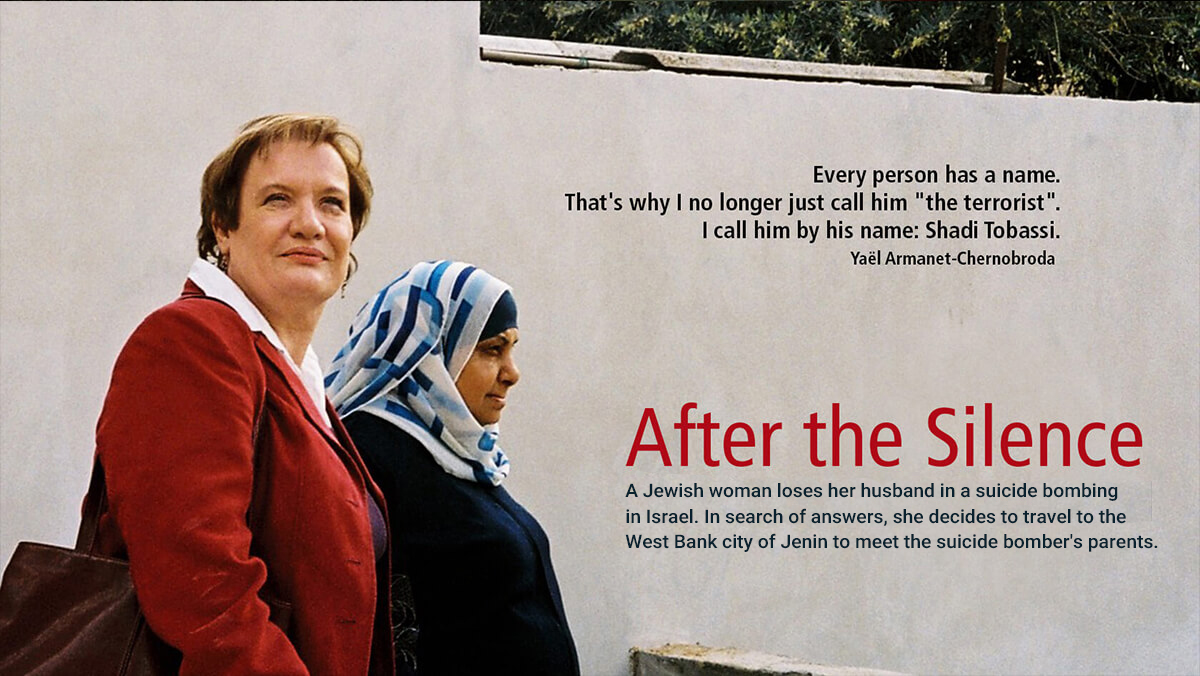At the same time a military raid of the Israeli army takes place in Jenin. Usually these are carried out at night in order to have as little contact as possible with the Palestinian population. This time, however, the unit has to move out during the day. As they advance, the soldiers will meet the children. The toy rifle that Ahmed is currently holding in his hands is mistaken by a soldier for a genuine Kalashnikov. He shoots and hits Ahmed mortally in the head. In the hospital of Haifa the doctors can still determine his brain death. A local nurse approaches the boy’s father, Ismael Khatib, about the possibility of organ donation. A difficult decision for the family, one that has to be made quickly. But Ismael Khatib and his wife Abla agree to donate the organs of their son to Israeli children. But before that, Ismael Khatib requires the permission of the Imam of Jenin. Khatib also asks the head of the Al-Aqsa militant brigades in Jenin for his assessment. Both give him permission for organ donation – even as it becomes clear that children from Jewish Orthodox families are being considered as recipients. Six children, who would have had no chance of survival without a transplantation, are given the opportunity of a life-saving operation thanks to the organ donation.
Two years have passed since then. Ismael Khatib feels a great desire to get to know the children and wants to know how they are doing today. Three of the families receiving the aid wish to remain anonymous, but he will be able to meet three children. First he will visit Samah, a young girl from a Druze family living in the northern hills near the Lebanese border. Then Ismael meets little Mohammed, son of a Bedouin, who, since he no longer has to go on dialysis every day, can give free rein to his unbridled thirst for life in the vast expanses of the Negev desert. As parents they are overjoyed that their daughter can survive thanks to the donated kidney. As orthodox Jews, they are at odds with the fact that the organ comes from a Palestinian boy. Ishmael’s journey takes him right across Israel. For him it is both painful and liberating, because through the children he comes very close to his own son again. Ismael Khatib is accompanied by a German-Israeli film team. The two directors, the German Marcus Vetter and the Israeli Leon Geller, researched the background to this tragic story and impressively tell through the journey how a deeply human gesture can truly give hope. Very real in the here and now and perhaps also for the future – because, as Ismael Khatib says: “Children cannot be enemies, children bear no guilt”.








